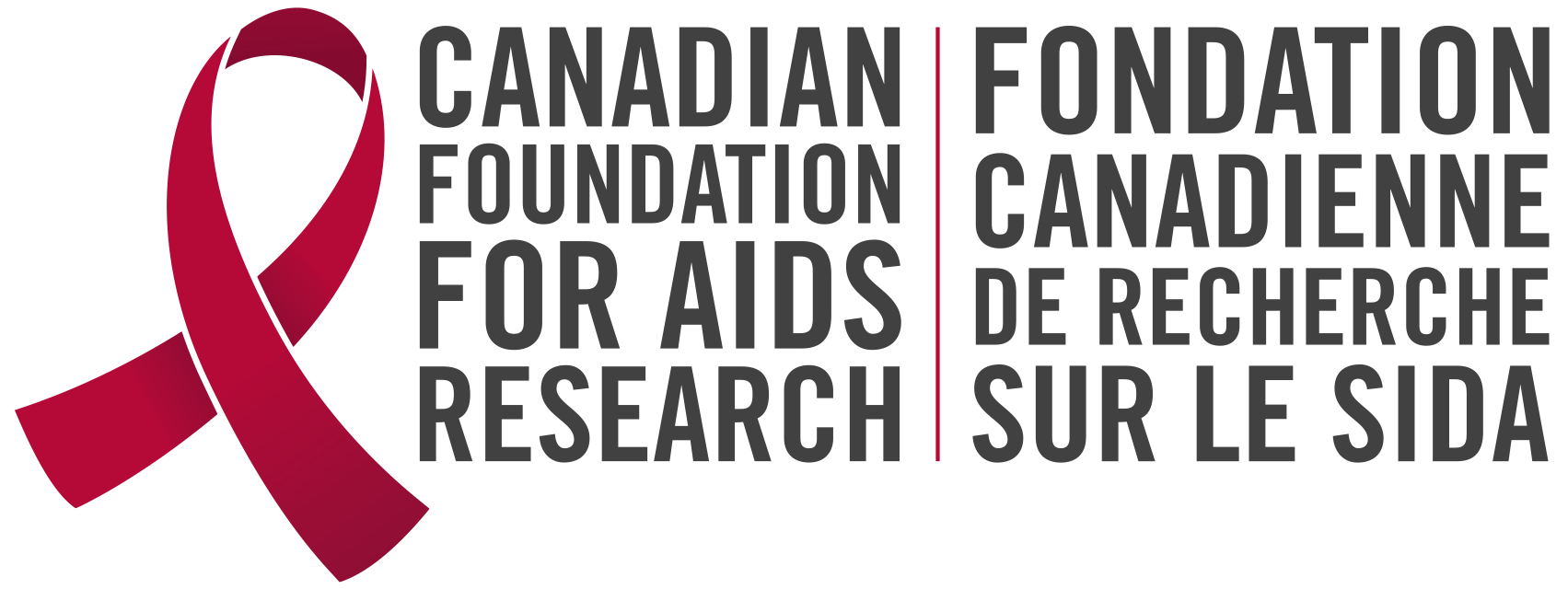This February, CANFAR is calling on Canadians to spread the love and challenge HIV stigma.
We want Canadians living with HIV to know that they are loved and appreciated – on Valentines Day, and all year round.
Problems with watching the full video? Watch the CANFAR Ambassador Love In Stigma Out Video on YouTube.
Learn how you can challenge HIV stigma at CANFAR.com/LoveIn.
